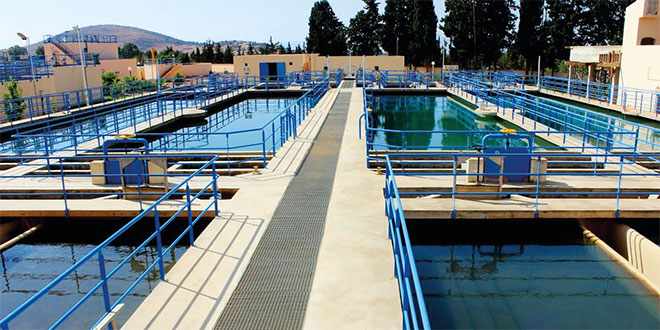The National Office for Electricity and Drinking Water (ONEE) is rolling out a new project to boost production and improve the technical and commercial performance of drinking water. The aim is to increase production and improve the technical and commercial performance of the drinking water supply network, in response to population demand in the target conurbations.

To begin with, the project concerns the towns of Tissa, Missour, Outat El Haj. and Meknes. And since the opening of works was notified on June 26, 2023, the average progress of ongoing projects had reached around 60% by the end of May. This represents a rather satisfactory rate for the start of a project.
Drinking water production and supply systems in the towns and cities concerned by the project have been secured and strengthened. The rate of access to drinking water is already 99% in the urban areas concerned, and 81% in the rural areas concerned.
The technical performance of existing drinking water systems has also improved. The average efficiency of ONEE’s supply networks is 95.5%, while that of distribution grids is 75.4%. Access to drinking water for the towns of Tissa, Missour, Outat El Haj, and Meknes has thus been guaranteed, thanks to the launch of several projects. In particular, the reinforcement of the supply system from the Idriss 1er dam for Tissa, which has an additional water flow of 10%; the reinforcement of the supply system from the Hassan II dam for Missour and Outat El Haj (additional available water flow of 30%); and the reinforcement of the supply system from the Idriss The First dam for the province of Meknes (additional available water flow of 90%). Rehabilitation of drinking water networks has also begun. A stretch of 10 km out of 300 has already been scanned for leaks.
Added to this is the construction of the first reservoirs, which will improve storage capacity. By the end of May, two reservoirs out of 8, which will eventually have a storage capacity of 12 hours/day, had already been built.
The commercial performance of existing drinking water systems has also improved. The average rate of commercial losses has been reduced to 15%, and the long-term goal is to limit water losses to a maximum of 8%...
Aziz DIOUF


























